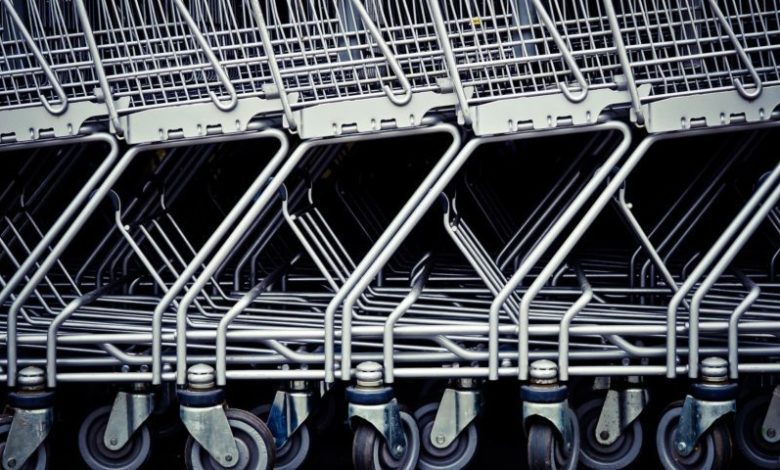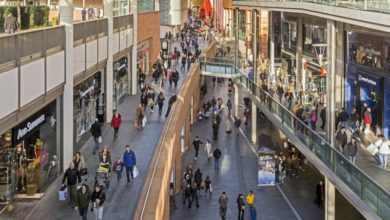High StreetNewsShopping CentresSupermarkets
Grocery purchases drive UK retail sales: BRC

Food sales continue to drive up sales in the retail sector, but non-food retailers suffered a fall in spending.
You'll need to
subscribe to unlock this content. Already subscribed? Login?







